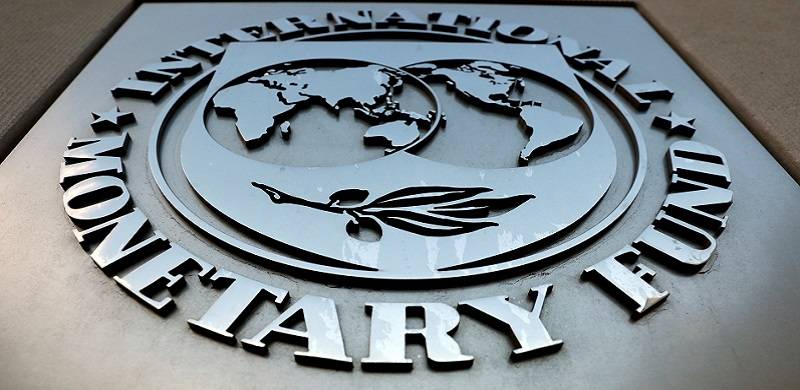
The International Monetary Fund (IMF) Executive Board has approved a $1 billion disbursement to Pakistan after the country passed its sixth review of reforms under the $6 billion loan program with the IMF.
Pakistan has borrowed a total of approximately $3 billion from the Extended Fund Facility (EFF) program since July 2019, when the program commenced, amounting to about 106 per cent of the country's total quota. The program has been suspended since June, as the government missed the primary budget deficit reduction target.
Going forward, IMF Deputy Managing Director Ms. Antoinette Sayeh was quoted in the Tribune as saying, “Maintaining the momentum on the reform of personal income taxation and harmonisation of general sales taxes is essential [...] Strong efforts to advance electricity sector reform are needed to restore the sector's financial viability and address adverse spillovers on the budget, financial sector, and real economy."
The IMF official's comments indicate the IMF's expectation that Pakistan increase income taxes, as well as implement a single national sales tax. Additionally, to bolster the country's power sector, electricity prices would also need to be increased.
The statement noted that recent policy adjustments from Pakistan's government had safeguarded macroeconomic stability and debt sustainability. Despite external shocks from the Covid-19 pandemic and other factors, the country's economy had continued to recover and real GDP growth remains at 4 per cent.
“The Pakistani economy has continued to recover despite the challenges from the COVID-19 pandemic, but imbalances have widened and risks remain elevated. The authorities’ recent policy efforts to strengthen economic resilience are welcomed," said Ms. Sayeh in a statement released by the IMF, referring in part to the State Bank Amendment Bill passed by the Senate last week.
However, the IMF noted that, "Pakistan remains vulnerable to possible flare-ups of the pandemic, tighter international financial conditions, a rise in geopolitical tensions, as well as delayed implementation of structural reform." It called for improvement on economic productivity, investment, private sector development, and efforts to mitigate the impacts of climate change.
This is Pakistan's 13th bailout from the IMF. Finance Minister Shaukat Tarin announced the IMF's approval on Twitter, saying “I am pleased to announce that the IMF Board has approved the 6th tranche of their program for Pakistan.”
https://twitter.com/shaukat_tarin/status/1488928059562545159
Pakistan has borrowed a total of approximately $3 billion from the Extended Fund Facility (EFF) program since July 2019, when the program commenced, amounting to about 106 per cent of the country's total quota. The program has been suspended since June, as the government missed the primary budget deficit reduction target.
Going forward, IMF Deputy Managing Director Ms. Antoinette Sayeh was quoted in the Tribune as saying, “Maintaining the momentum on the reform of personal income taxation and harmonisation of general sales taxes is essential [...] Strong efforts to advance electricity sector reform are needed to restore the sector's financial viability and address adverse spillovers on the budget, financial sector, and real economy."
The IMF official's comments indicate the IMF's expectation that Pakistan increase income taxes, as well as implement a single national sales tax. Additionally, to bolster the country's power sector, electricity prices would also need to be increased.
The statement noted that recent policy adjustments from Pakistan's government had safeguarded macroeconomic stability and debt sustainability. Despite external shocks from the Covid-19 pandemic and other factors, the country's economy had continued to recover and real GDP growth remains at 4 per cent.
“The Pakistani economy has continued to recover despite the challenges from the COVID-19 pandemic, but imbalances have widened and risks remain elevated. The authorities’ recent policy efforts to strengthen economic resilience are welcomed," said Ms. Sayeh in a statement released by the IMF, referring in part to the State Bank Amendment Bill passed by the Senate last week.
However, the IMF noted that, "Pakistan remains vulnerable to possible flare-ups of the pandemic, tighter international financial conditions, a rise in geopolitical tensions, as well as delayed implementation of structural reform." It called for improvement on economic productivity, investment, private sector development, and efforts to mitigate the impacts of climate change.
This is Pakistan's 13th bailout from the IMF. Finance Minister Shaukat Tarin announced the IMF's approval on Twitter, saying “I am pleased to announce that the IMF Board has approved the 6th tranche of their program for Pakistan.”
https://twitter.com/shaukat_tarin/status/1488928059562545159

